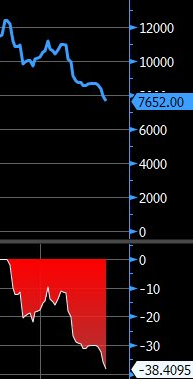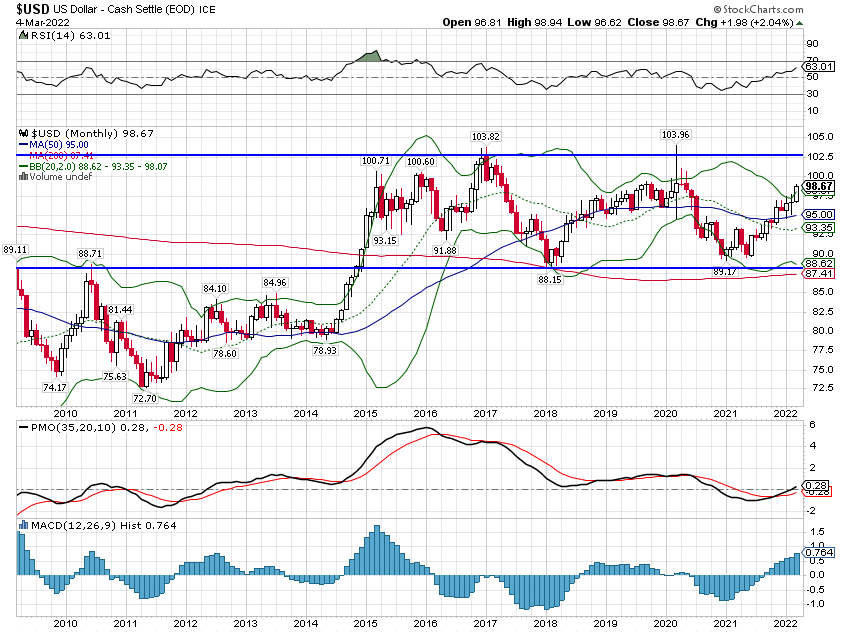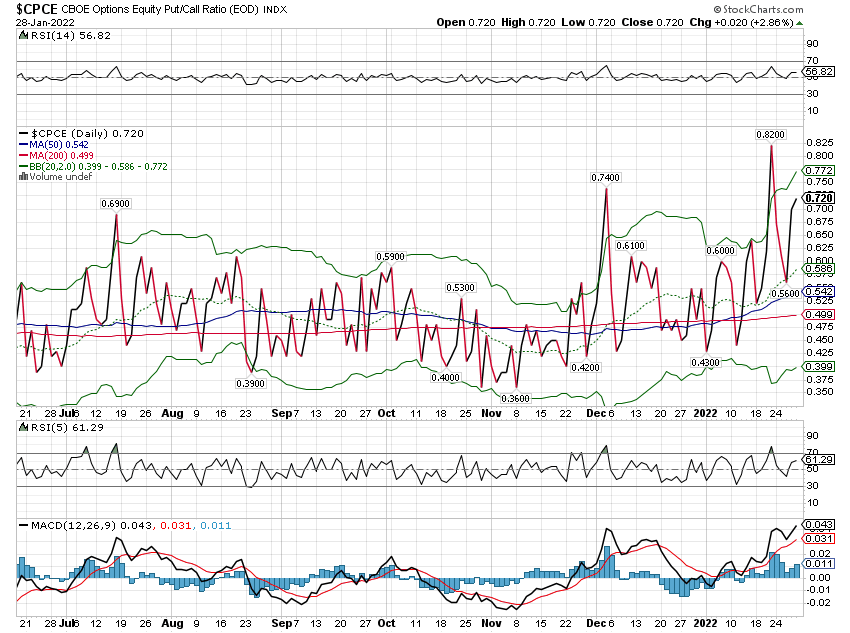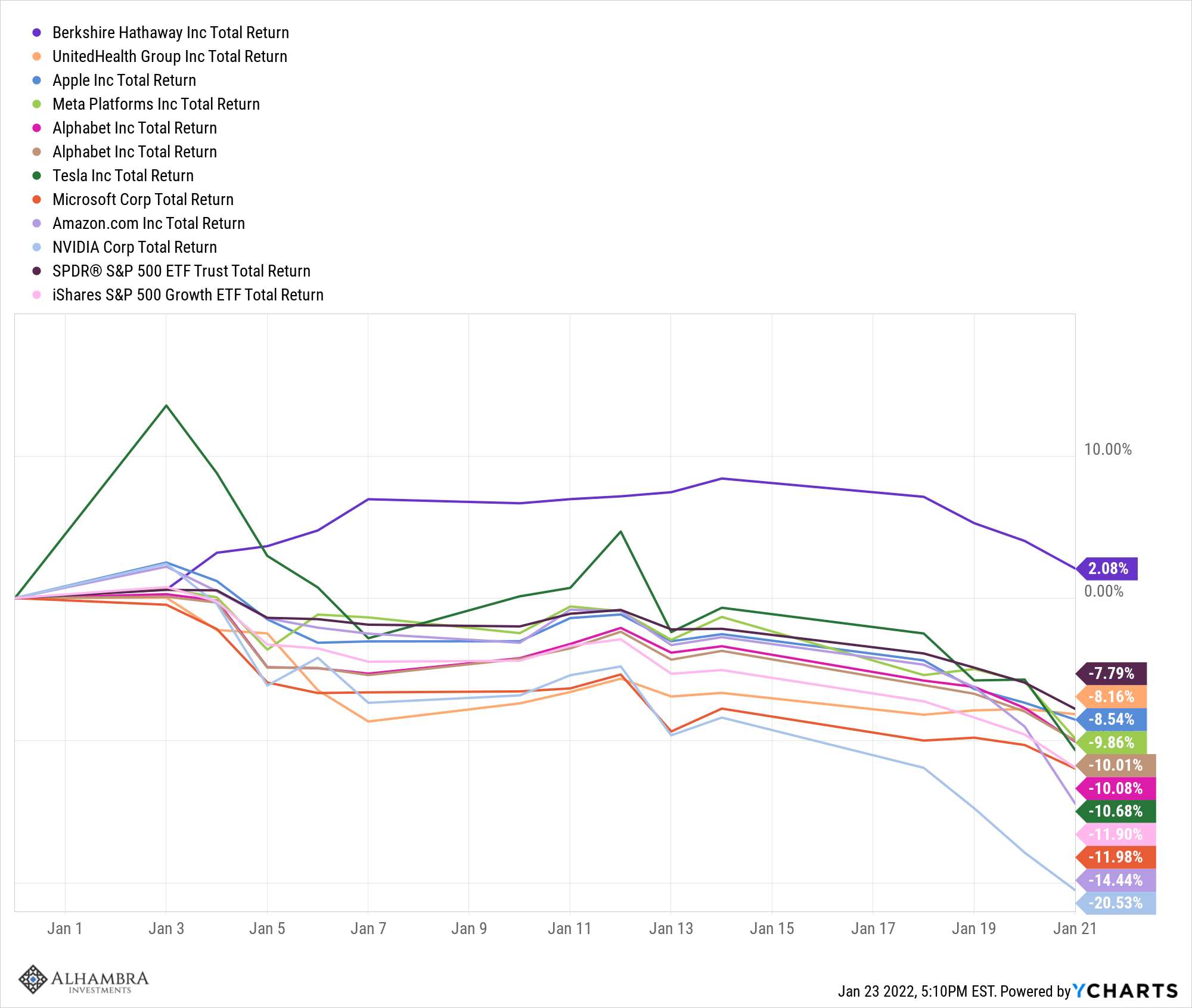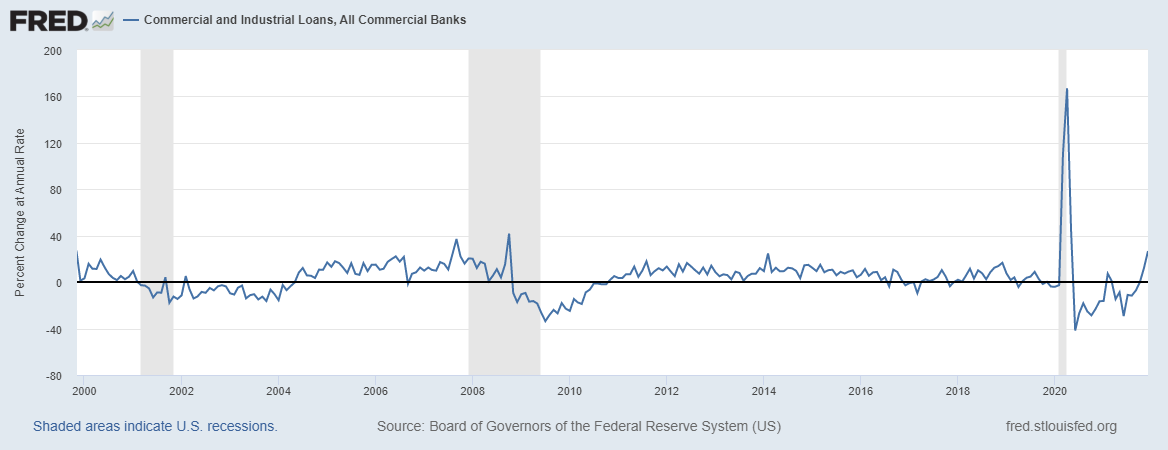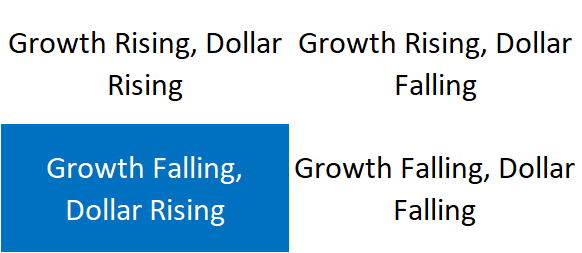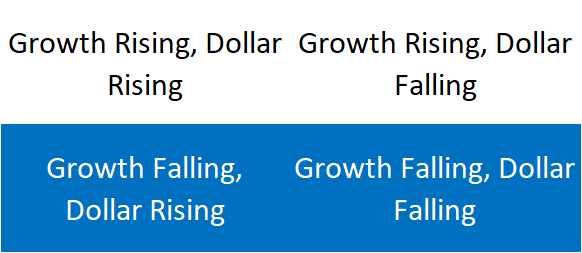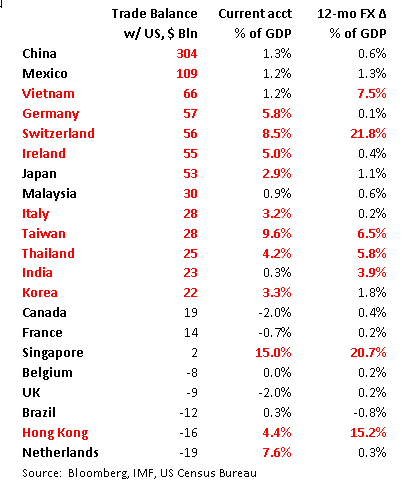Summary
Stock MarketsIn the EM equity space as measured by MSCI, UAE (+6.2%), Poland (+6.0%), and Mexico (+5.9%) have outperformed this week, while Czech Republic (-0.6%), Hong Kong (-0.2%), and China (+0.6%) have underperformed. To put this in better context, MSCI EM rose 2.8% this week while MSCI DM rose 2.8%. In the EM local currency bond space, Brazil (10-year yield -60 bp), the Philippines (-59 bp), and Indonesia (-40 bp) have outperformed this week, while India (10-year yield +20 bp), China (+5 bp), and Czech Republic (-1 bp) have underperformed. To put this in better context, the 10-year UST yield rose 3 bp this week to 2.41%. In the EM FX space, BRL (+3.1% vs. USD), COP (+2.9% vs. USD), and CLP (+2.8% vs. USD) have outperformed this week, while EGP (-2.3% vs. USD), CNH (-0.8% vs. USD), and SGD (-0.7% vs. USD) have underperformed. |
Stock Markets Emerging Markets December 07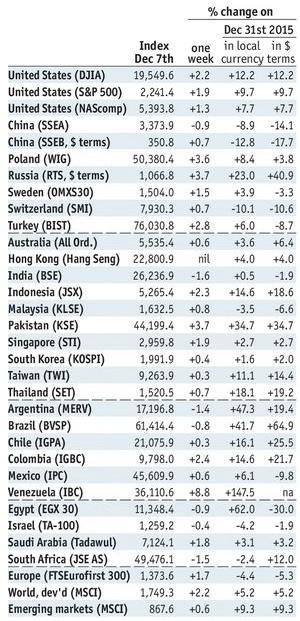 Source: Economist.com - Click to enlarge |
Hong KongHong Kong Chief Executive Leung Chun-ying said he won’t seek a second term. He cited family reasons. The next chief executive will be selected in March by a committee of 1,200. China has veto power over the final selection, and so it’s clear that another establishment leader will be chosen. KoreaKorea’s parliament voted 234-56 to impeach President Park. Popular protests were simply too big to ignore, as dozens of members of her own Saenuri Party voted to impeach. Prime Minister Hwang assumes temporary power until either the Constitutional Court upholds the impeachment or Park resigns. A new presidential election will then be held. Opposition and non-traditional outsiders critical of corruption and ties between the chaebol and politicians are likely to be favored in the race. Czech RepublicCzech National Bank raised the possibility of negative rates to help manage the currency. Central bank board member Nidetzky said that negative rates could be used to help prevent koruna appreciation when the cap ends. Forward guidance is currently for an end to the cap around mid-2017. While the ECB’s extension of its QE program may lead to some debate about the timing of the cap exit, rising inflation (1.5% y/y just reported for November) suggests little need to extend it again. BrazilA Brazilian Supreme Court justice removed Senate chief Renan Calheiros from his post, but was later overturned by the full court. Justice Marco Aurelio Mello ruled that Calheiros couldn’t remain in office after the Supreme Court last week accepted charges of illicit enrichment against him. The full court voted 6-3 to overrule him. Calheiros later said that the Senate will vote on the spending cap bill on December 13. The congressional recess starts December 15, so a vote before that is key. Brazil central bank signaled a possibly quicker easing cycle. COPOM was cautious and cut rates 25 bp to 13.75% at its last meeting. In the minutes, the bank noted that risks to the recovery could allow for faster rate cuts, especially if disinflation intensifies as the economy remains weak. It also noted that the 2017 and 2018 outlook for inflation has improved. Next policy meeting is January 11. We think the choice of a 25 or 50 bp cut then will depend in large part on BRL and the external environment, as disinflation may slow due to the weaker currency. |
GDP, Consumer Inflation and Current Accounts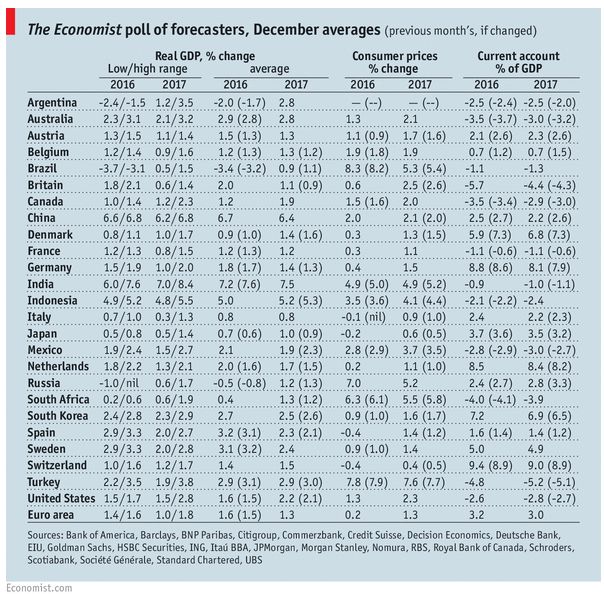 The Economist poll of forecasters, December 2016 Source: Economist.com - Click to enlarge |
Full story here Are you the author? Previous post See more for Next post
Tags: Emerging Markets,newslettersent,win-thin























